Ergonomic seating is an essential component of any modern workspace, especially when considering the long hours many of us spend at our desks. In Australia, the importance of selecting the right ergonomic chair is underlined by the Australian Furnishing Research and Development Institute (AFRDI) ratings. These ratings help consumers identify products that are durable, safe, and ergonomically sound. This blog post delves into the nuances of AFRDI ratings, weight loading capacities, and provides guidance on selecting the best ergonomic chair suited to your needs.
What are AFRDI Ratings?
The AFRDI is an independent non-profit organisation that tests furniture to Australian and New Zealand standards. The ratings issued by AFRDI provide a reliable indication of a product's quality and sustainability. Specifically, for ergonomic office chairs, the AFRDI Blue Tick Certification is a mark of excellence. This certification ensures that the chair has passed a series of rigorous tests, including stability, durability, and safety, along with assessments for ergonomic design.
The AFRDI ratings range from Levels 4 to 6, with Level 6 being the highest. Here's a breakdown:
- Level 4: Suitable for general office use.
- Level 5: Designed for more severe commercial environments.
- Level 6: The highest standard, intended for the most arduous commercial use.
Weight Loading Capacities
Weight capacity is another crucial factor when choosing an ergonomic chair. It not only impacts the chair's durability but also ensures that the chair can support the user comfortably without risk of injury or degradation of the chair’s components. Most standard office chairs support up to 110-120 kilograms, which is adequate for many users. However, for larger users or environments where the chair will be used in shifts (like call centres), it’s advisable to look for chairs that can handle more weight, potentially up to 160 kilograms or more.

Choosing the Right Ergonomic Chair
When selecting an ergonomic chair, consider the following aspects along with the AFRDI rating and weight capacity:
-
Adjustability: Look for chairs that offer multiple adjustments. You should be able to adjust the height, backrest, and armrests to fit your body. This customisability is crucial for long-term comfort and preventing strain or injury.
-
Lumbar Support: Effective lower back support is vital. An ergonomic chair should have adjustable lumbar support that aligns with the curve of your spine.
-
Seat Depth and Width: The seat should have enough width and depth to support any user comfortably. Typically, the seat should be wide enough to accommodate the user comfortably and deep enough to sit with the back against the backrest while leaving about 5 to 10 cm between the back of the knees and the seat of the chair.
-
Material: The material of the chair should be breathable to keep the chair comfortable for longer sitting periods. Mesh or fabric that allows for air flow is preferable.
-
Mobility: A good ergonomic chair should easily rotate and have wheels that allow for smooth movement across the office floor.
Conclusion
Choosing the right ergonomic chair is more than just picking a seat; it’s about investing in your health and productivity. The AFRDI ratings provide a reliable guide to selecting high-quality, durable, and ergonomically designed chairs. By considering these ratings along with the specific features and needs of your workplace, you can select a chair that not only meets but exceeds your expectations, ensuring comfort and support throughout the workday.
Remember, a well-chosen ergonomic chair can significantly enhance your work experience, reducing fatigue and increasing comfort, which in turn can boost your overall productivity. When selecting your next office chair, consider these factors to make an informed decision that benefits your health and work performance.
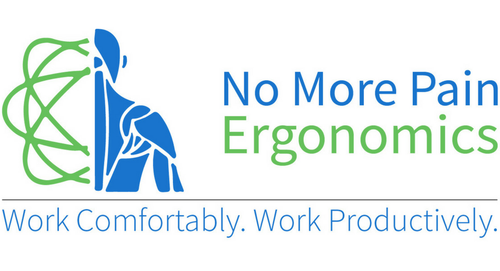



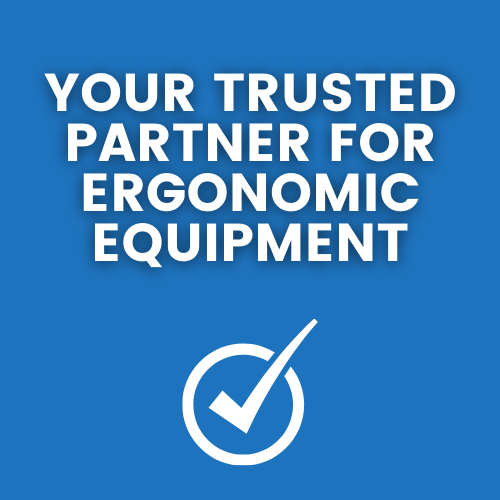

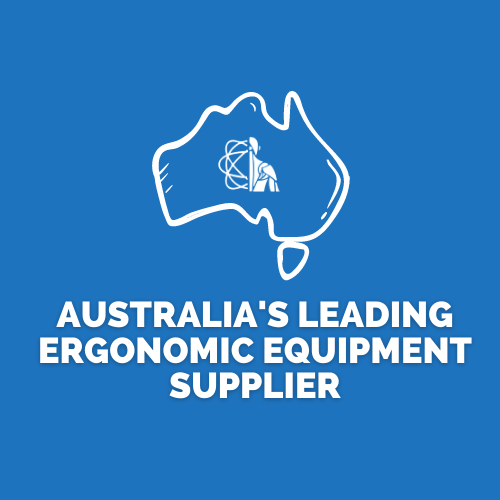
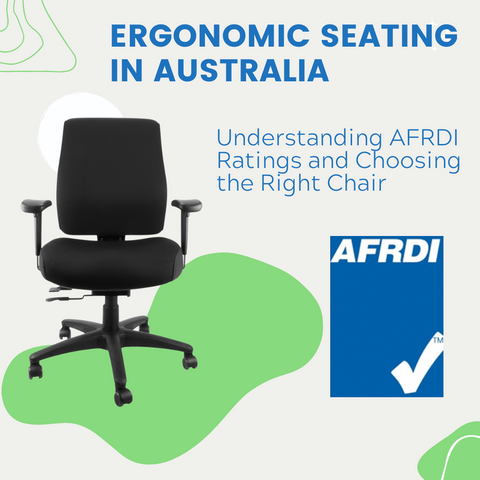




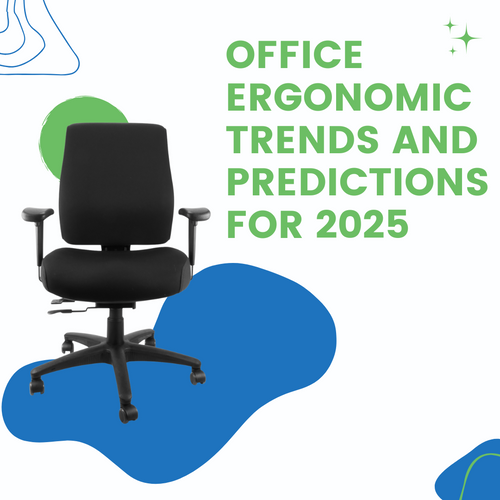
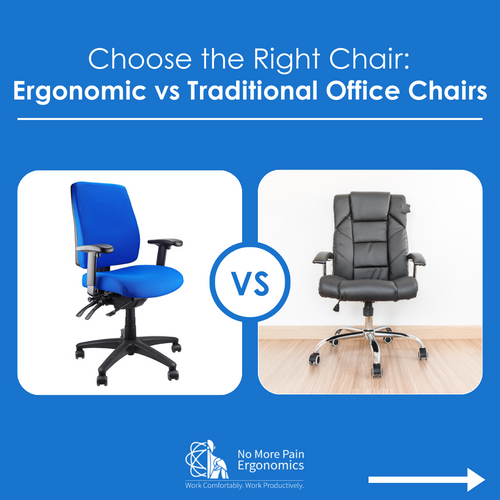


← Older Post Newer Post →
0 comments
Get in Touch
Still have a question or simply want to discuss what ergonomic products are best suited? Get in touch, our expert team is available to provide free advice and support.